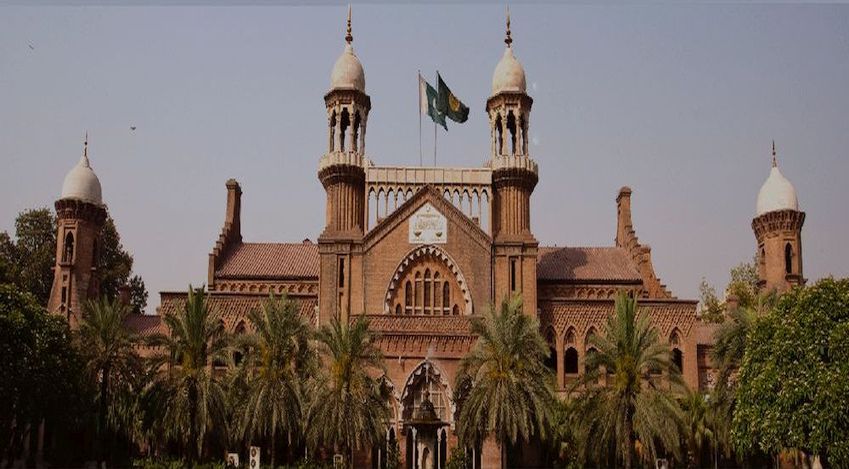Lahore High Court Acquits the Appellant in Narcotics Case Due to Significant Procedural Lapses
Islamabad 30-07-2024: In a significant decision, the Lahore High Court, Multan Bench, acquitted appellant, who was previously convicted for possessing 2250 grams of charas. The Appellate Court found critical procedural lapses in the handling and documentation of the case, leading to the decision to set aside the Trial Court's verdict.
The appellant was initially tried and convicted under Section 9(c) of the Control of Narcotic Substances Act, 1997, following his arrest on August 16, 2022. The police alleged the recovery of two packets of charas from his possession. The Trial Court sentenced him to five years and six months of rigorous imprisonment and imposed a fine of Rs. 25,000.
The High Court identified several procedural deficiencies during the trial and investigation stages including The recovery memo (Exh.PA) lacked essential details such as the FIR number, date, and the name of the police station. These omissions raised doubts about the authenticity of the recovery process. Inconsistencies in the testimonies of the prosecution witnesses further weakened the case against Abbas. For instance, witnesses could not consistently recall whether the FIR number was mentioned on the recovery memo at the time of its preparation.
The Court discussed the relevant provisions of the Code of Criminal Procedure, 1898, particularly Section 103, which mandates the presence of respectable witnesses during searches. The Court emphasized that while some exceptions exist under the CNSA, the prosecution must justify the absence of public witnesses in the recovery process. Citing various precedents, the Court reiterated the principle that any reasonable doubt entitles the accused to the benefit of doubt, leading to an acquittal.
Given the procedural lapses and the reasonable doubt regarding the recovery process, the High Court acquitted appellant of all charges. The Court ordered his immediate release, provided he is not required in any other case. This judgment underscores the importance of adhering to procedural requirements to ensure fair trials and just outcomes in criminal cases.
Powered by Froala Editor








